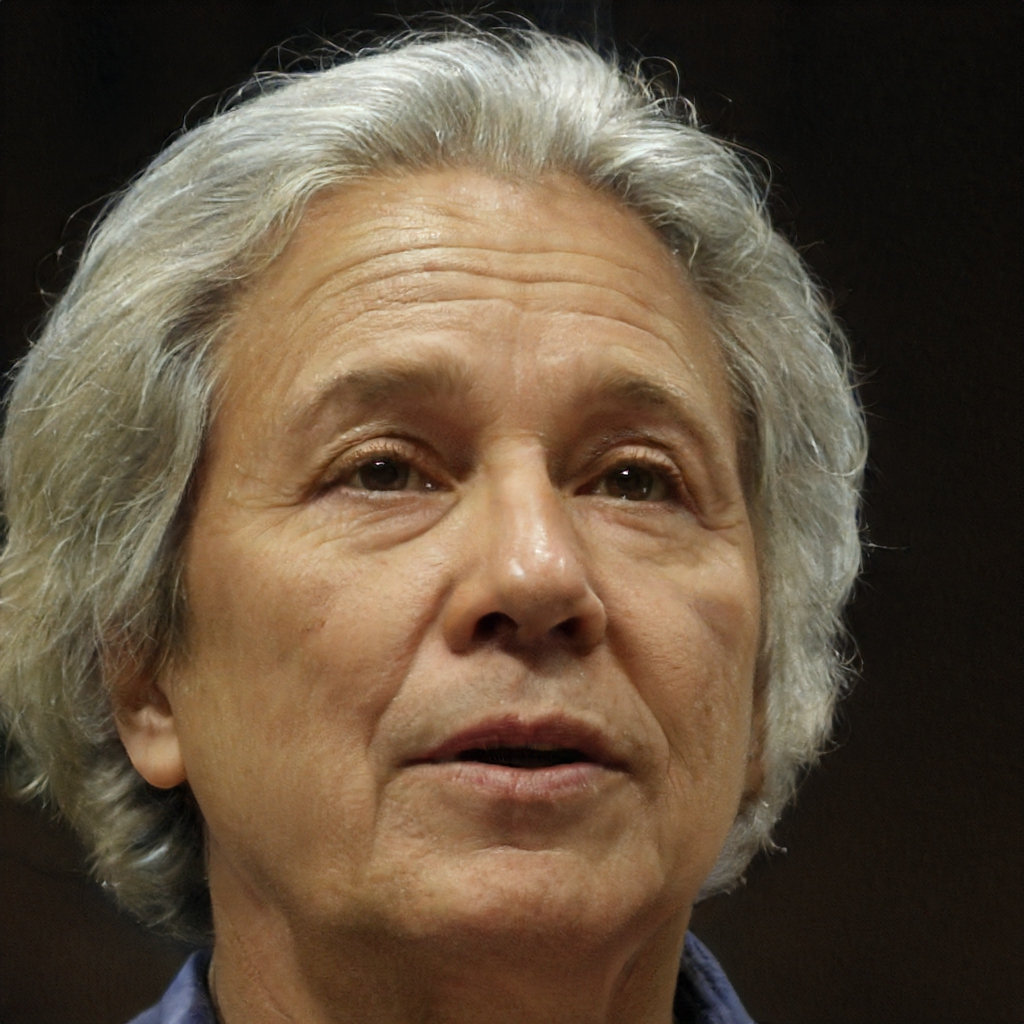The answer came from astronomers: it has nothing to do with shooting stars, nor aliens. What was the fireball spotted in the sky of the U.S.A.
The inhabitants of the Midwest of the United States of America were thunderstruck, during last October 20, by the mysterious spectacle of a fireball that crossed the night sky. What was it, exactly?
The answers to this question have been numerous. They have ranged from the hypothesis of those who have tried to keep their feet on the ground to those who, instead, have brought up the inevitable aliens. And so: was it a shooting star or a UFO in failure?
Neither, in fact. This time, in fact, astronomers have a ready answer: end of mystery, then. But the explanation of the scholars is not without fascination and deserves a whole series of further reflections. Here is what it is about.
The fireball in the skies over the USA was a Russian satellite in failure
"It has been confirmed by the instruments at our disposal that the event observed in Michigan occurred at 04:43, which is the exact time of the passage of Kosmos-2551 over the region" of the sighting. What is Kosmos-255? It would be a spy satellite from Russia. This is what we read in a post published on Twitter by a Harvard astronomer, Jonathan McDowell.
More precisely, Kosmos-2551 was a Russian military reconnaissance satellite, launched last September 9 from Plesetsk. We don't know much about the satellite itself, however, launch officials announced that the launch and deployment into orbit of the device was a success. However, the success would not last long: to the point that the satellite, instead of reaching orbit, was gradually brought down by Earth's gravity.
The launch of Kosmos-2551 was a failure
"There is a 99% chance that the Russian satellite launch was a failure," McDowell explained. No statement instead from Russian officials who had stressed the initial success.
For McDowell we will have to get used to fireballs in the sky. To date, in fact, phenomena such as these are quite rare, but they are destined to become more frequent as the orbit will be populated with satellites, launched more and more often and for the most diverse functions.
Russia has in the past accused the U.S. of sabotage of space equipment. Head to head between the two countries also on the web: here is the Russian YouTube that challenges Google's platform.
Giuseppe Giordano
